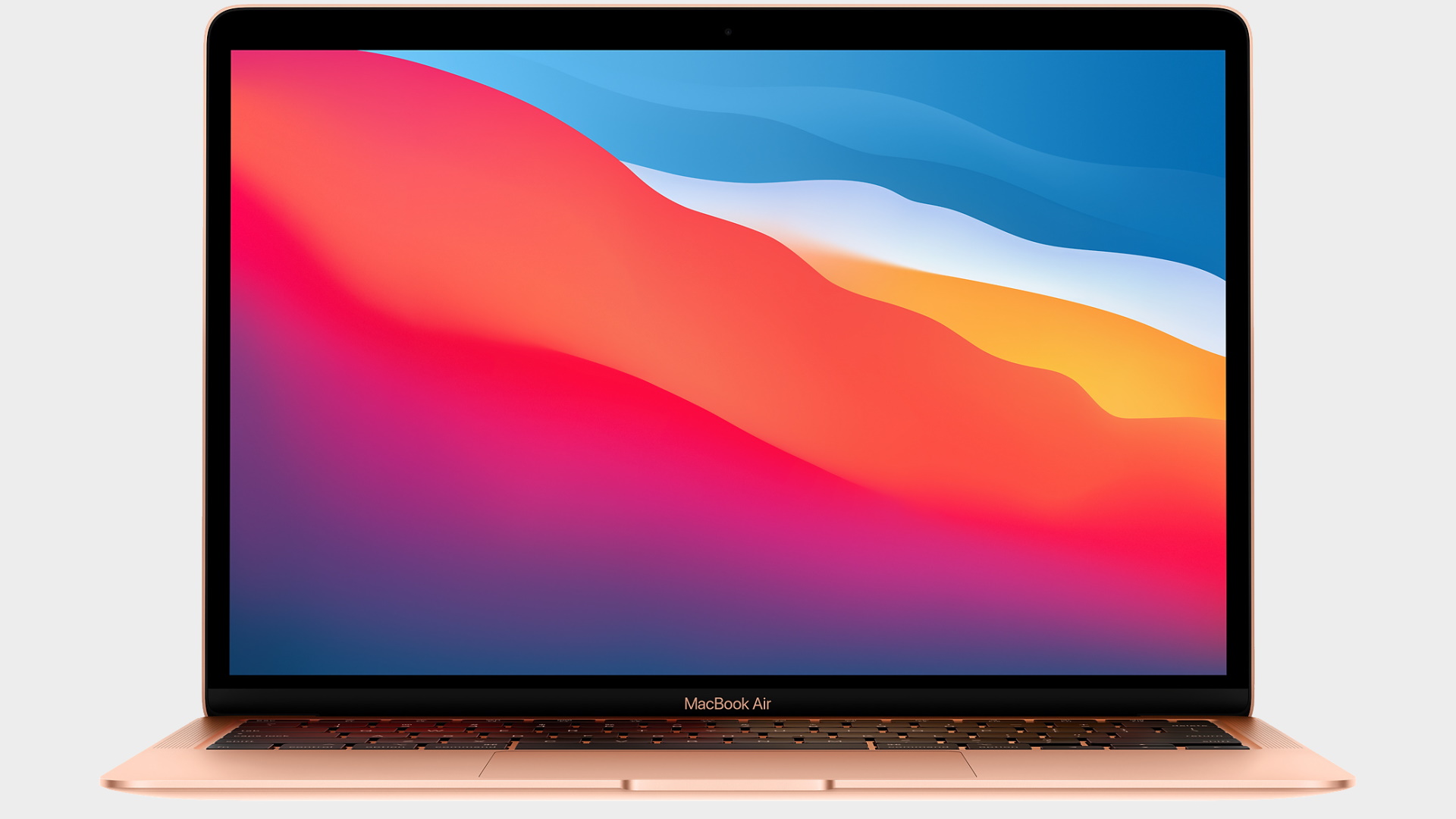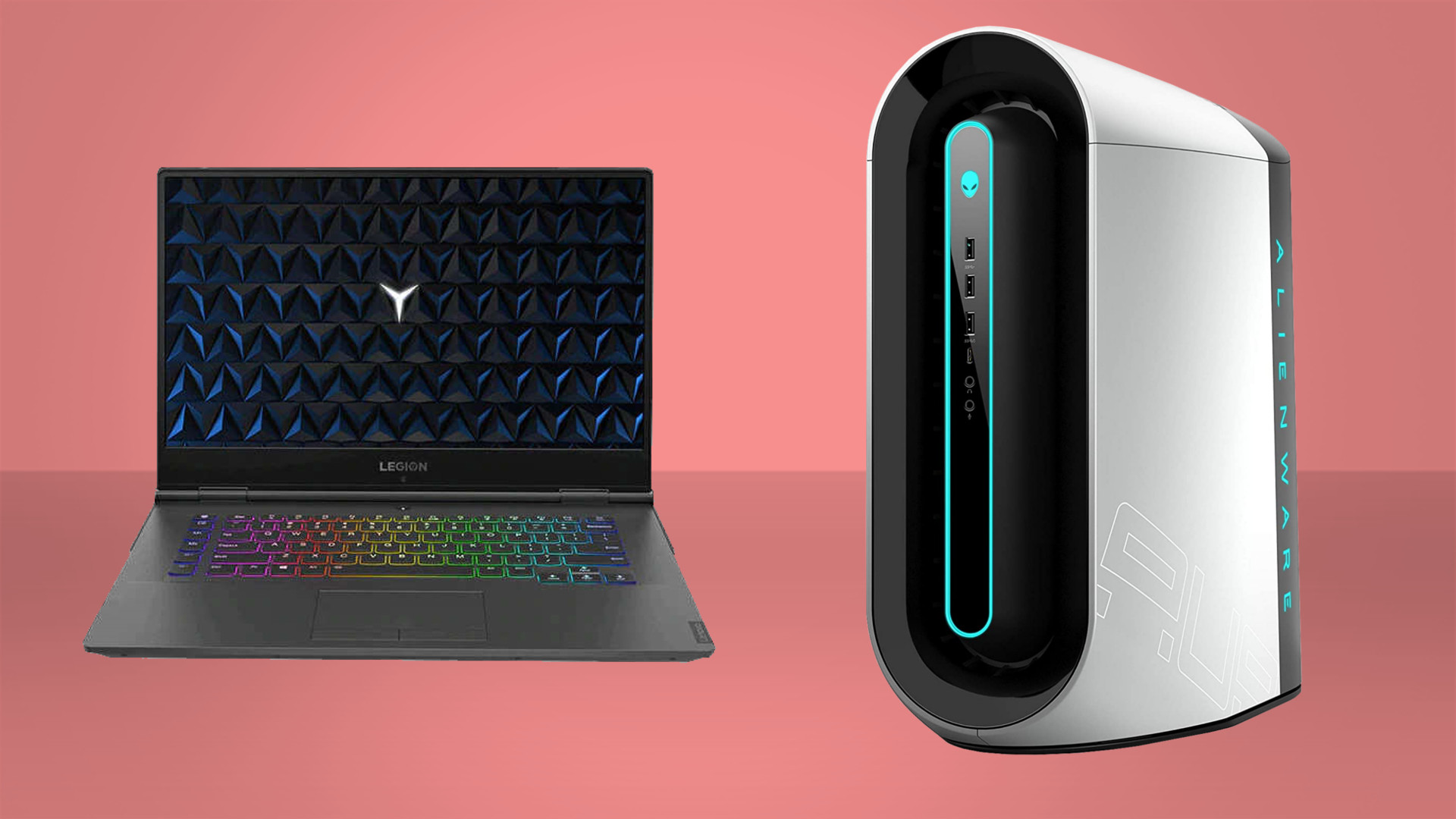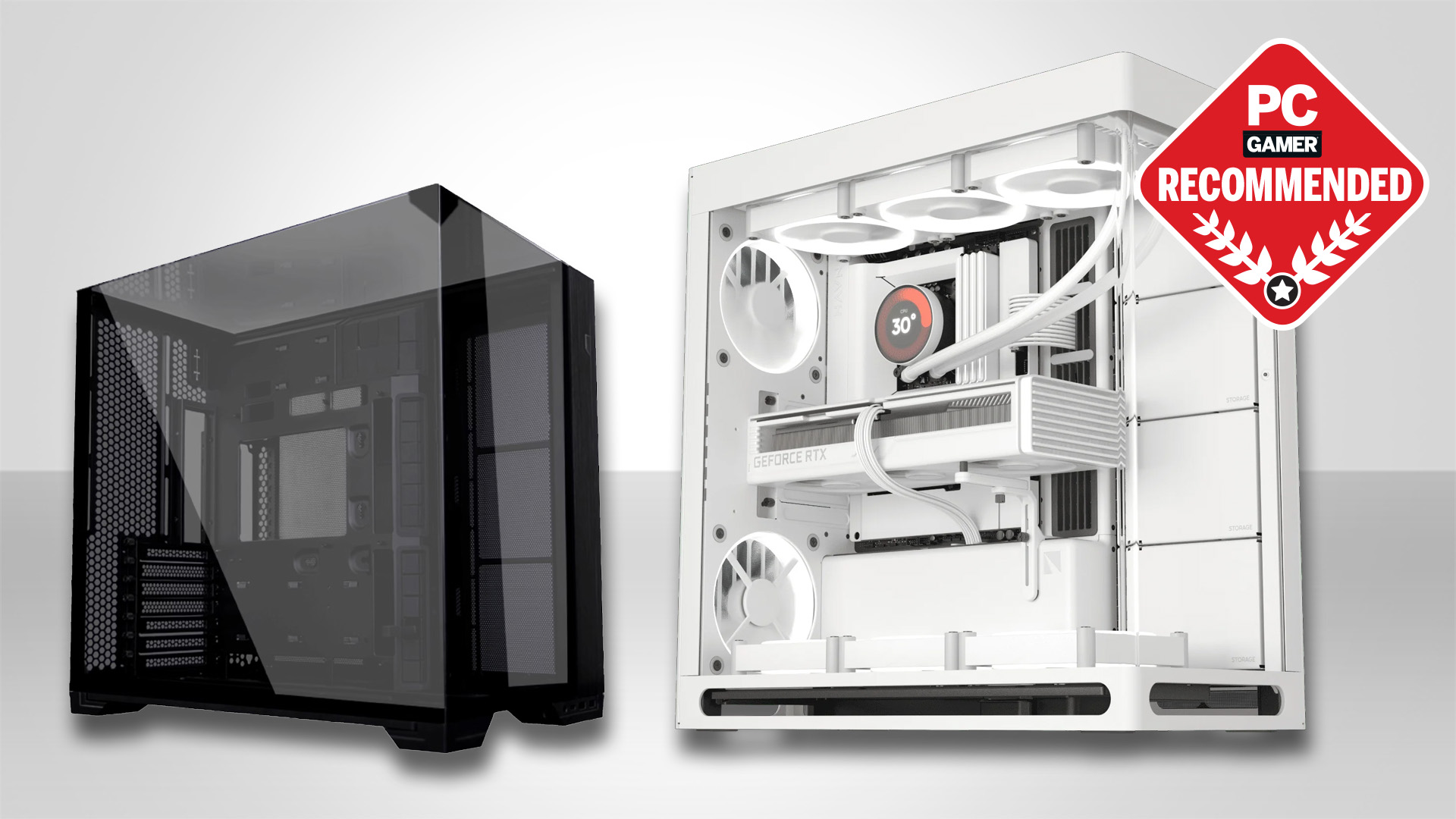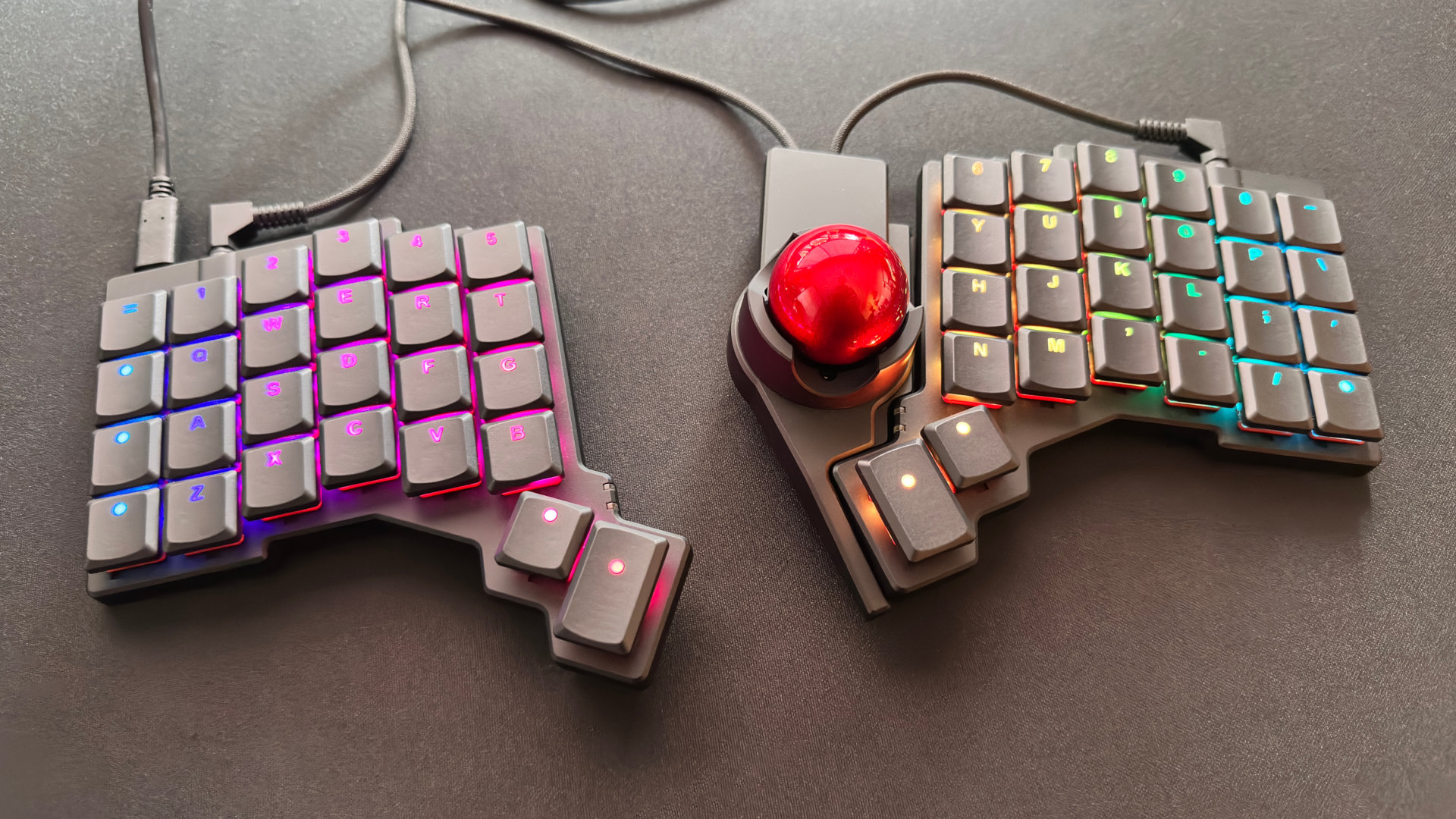Apple M1 Macs appear to be chewing through their SSDs
The same SSDs that are soldered-in and almost impossible to replace.

There's growing concern among Apple M1 Mac owners that the SSDs in their lovely new machines are being hammered by excessive swap file usage (via LTT Forums). This could see the machines fail in less than two years, if the numbers are correct, and while this really is a worst-case scenario, it still paints a worrying picture about the longevity of the new machines. Something compounded by the fact that the SSDs are soldered on the mainboards, which means replacing them isn't straightforward.
Core to what's going on is the way in which SSDs work, specifically the number of writes they can reliably support. The flash memory on the drives can only be written to a certain number of times before becoming unstable. There are plenty of systems in place to spread the load across all the memory cells, but essentially there's a point where the drive has been written to so many times that it can no longer reliably hold the information.
This is all summed up by the Total Bytes Written figure, measured in terabytes (which is why it's also referred to as Terabytes Written). This needs to be considered in the context of the length of the warranty, which is generally five years.
People with an M1 mac, please run `brew install smartmontools && sudo smartctl --all /dev/disk0` and report back (and what kind of usage you make of the machine, especially RAM).I'm at <600GBW on my MBP, but I don't use it heavily. https://t.co/LbhE9p7FiKFebruary 15, 2021
For example, a 256GB SSD will generally have a TBW of up to 150TB, which equates to 30TB a year, or roughly 84GB a day. Some users are hitting 15 TB of data written in just two months, which is about 250GB a day—way over the recommended specs of most SSDs. In that example, the drive will hit 150 TBW in less than two years.
This appears to affect all the new Apple Macs including the latest M1-powered machines, although it has a much greater impact at the cheaper end of the stack, where $999 gets you an M1 MacBook with just 8GB of RAM and a 256GB NVMe SSD. The low memory capacity equates to more swap file usage and the 256GB SSD has an endurance of 150 TBW, which gives you the 84GB a day figure above. If the reports are true, then there could be a lot of dead M1 Macs doing the rounds in less than a year.

Best gaming PC: the top pre-built machines from the pros
Best gaming laptop: perfect notebooks for mobile gaming
There's a good chance that some of these figures are not being reported properly, though—smart monitoring tools are notorious for misreporting, and the Apple M1 is a new platform, so it could be the case that something isn't quite lining up properly. Either way, it looks like a problem that Apple should be able to fix in the operating system. Even having a better SMART reporting system could help here, as currently, users are having to compile a drive reporting tool to see what's actually happening.
The fact that these machines can potentially max out their TBW isn't the end of the world, because that's just what the warranty covers you for. The SSDs don't suddenly stop working the moment this limit is reached—in fact, most manufacturers are incredibly pessimistic with this figure, and drives can last a lot longer—there's no guarantee after this point how long they will continue to operate. It may be days later, weeks, months, or years. The point though is that the drive is no longer covered by the warranty and, if it does fail after that, there's nothing you can do about it.
Keep up to date with the most important stories and the best deals, as picked by the PC Gamer team.
Alan has been writing about PC tech since before 3D graphics cards existed, and still vividly recalls having to fight with MS-DOS just to get games to load. He fondly remembers the killer combo of a Matrox Millenium and 3dfx Voodoo, and seeing Lara Croft in 3D for the first time. He's very glad hardware has advanced as much as it has though, and is particularly happy when putting the latest M.2 NVMe SSDs, AMD processors, and laptops through their paces. He has a long-lasting Magic: The Gathering obsession but limits this to MTG Arena these days.


